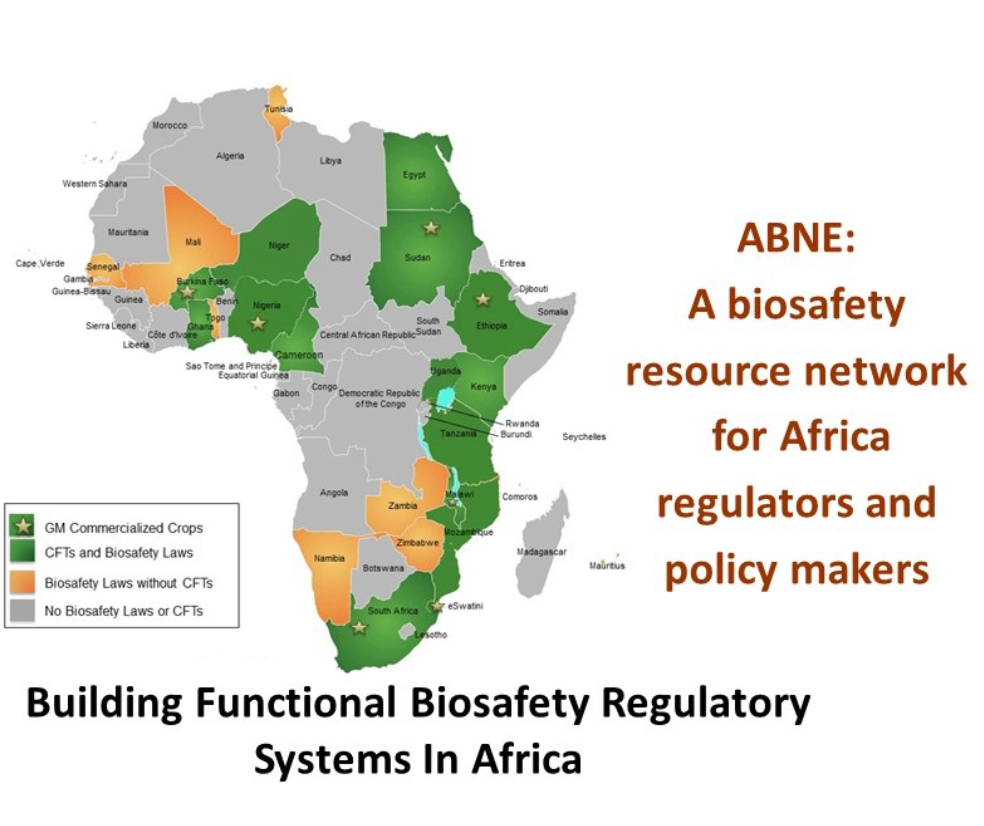
What information resource are you looking for?
Recent Posts
- AUDA-NEPAD and partners provide technical assistance to Institutional Biosafety Committee members on the review of Genetic Based Vector Control dossier in Burkina Faso
- Biosafety Agency initiates drafting of a national biosecurity policy in Nigeria
- Position Paper on Integrated Vector Management_Strengthening AU Members Regulatory Capacities for Responsible Research Towards Elimination of Malaria in Africa
- West Africa Integrated Vector Management Steering Committee Adopted Workplan and Recommendations for the Year 2020
- New TAC Members of AUDA-NEPAD ABNE Met for Annual Review and Planning
We are grateful for your support in developing African Biosafety Network of Expertise portal with the best online casino reviews in Kenya: https://levine.co.ke/ Experts of the portal are among the best specialists in the field of statistical analysis and analysis of large volumes of information. We will be glad to cooperate with you as much as possible!